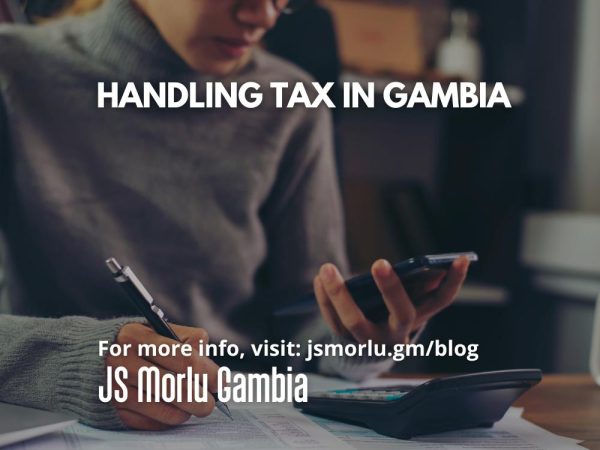Tax Tips for Gambia
The Gambia has a progressive tax system, with rates ranging from 0% to 25%. The tax year runs from 1 January to 31 December.
1. Personal Income Tax
Personal income tax is paid on the income of individuals, including employment income, business income, rental income, and investment income.
The standard rate of personal income tax is 25%. However, there are a number of deductions and allowances that can be claimed, which can reduce the amount of tax payable.
2. Employment Income
Employment income is taxed under the PAYE (Pay As You Earn) system. This means that the employer is responsible for deducting tax from the employee’s salary and paying it to the Gambia Revenue Authority (GRA).
The rate of PAYE tax is based on the employee’s income and marital status. For example, a single employee with an annual income of GMD 100,000 will pay a rate of 15% PAYE tax.
3. Business Income
Business income is taxed at the standard rate of 25%. However, there are a number of deductions that can be claimed, such as the cost of goods sold, business expenses, and depreciation.
4. Rental Income
Rental income is taxed at the standard rate of 25%. However, there are a number of deductions that can be claimed, such as the cost of repairs and maintenance, and property taxes.
5. Investment Income
Investment income, such as interest and dividends, is taxed at the standard rate of 25%. However, there are a number of deductions that can be claimed, such as the cost of investment advice and management fees.
6. Corporate Tax
The corporate tax rate in Gambia is 30%. However, there are a number of deductions and allowances that can be claimed, which can reduce the amount of tax payable.
7. VAT
VAT (Value Added Tax) is a tax on goods and services. The standard rate of VAT is 15%. However, there are a number of goods and services that are exempt from VAT, such as basic food items and medical supplies.
Tips for Handling Tax in Gambia
Here are some tips for handling tax in Gambia:
- Understand the tax system. The Gambia has a progressive tax system, so it is important to understand how the rates work. You can find more information on the GRA website.
- Keep good records. You will need to keep good records of your income and expenses in order to calculate your tax liability.
- Claim all deductions and allowances. There are a number of deductions and allowances that you can claim to reduce your tax liability. Make sure that you claim all of the deductions and allowances that you are entitled to.
- File your tax returns on time. The deadline for filing your tax returns is 31 December each year. If you file your tax returns late, you may be subject to penalties.
Conclusion
Tax is an important part of life in Gambia. By following these tips, you can ensure that you are handling your tax affairs correctly and minimising your tax liability.
